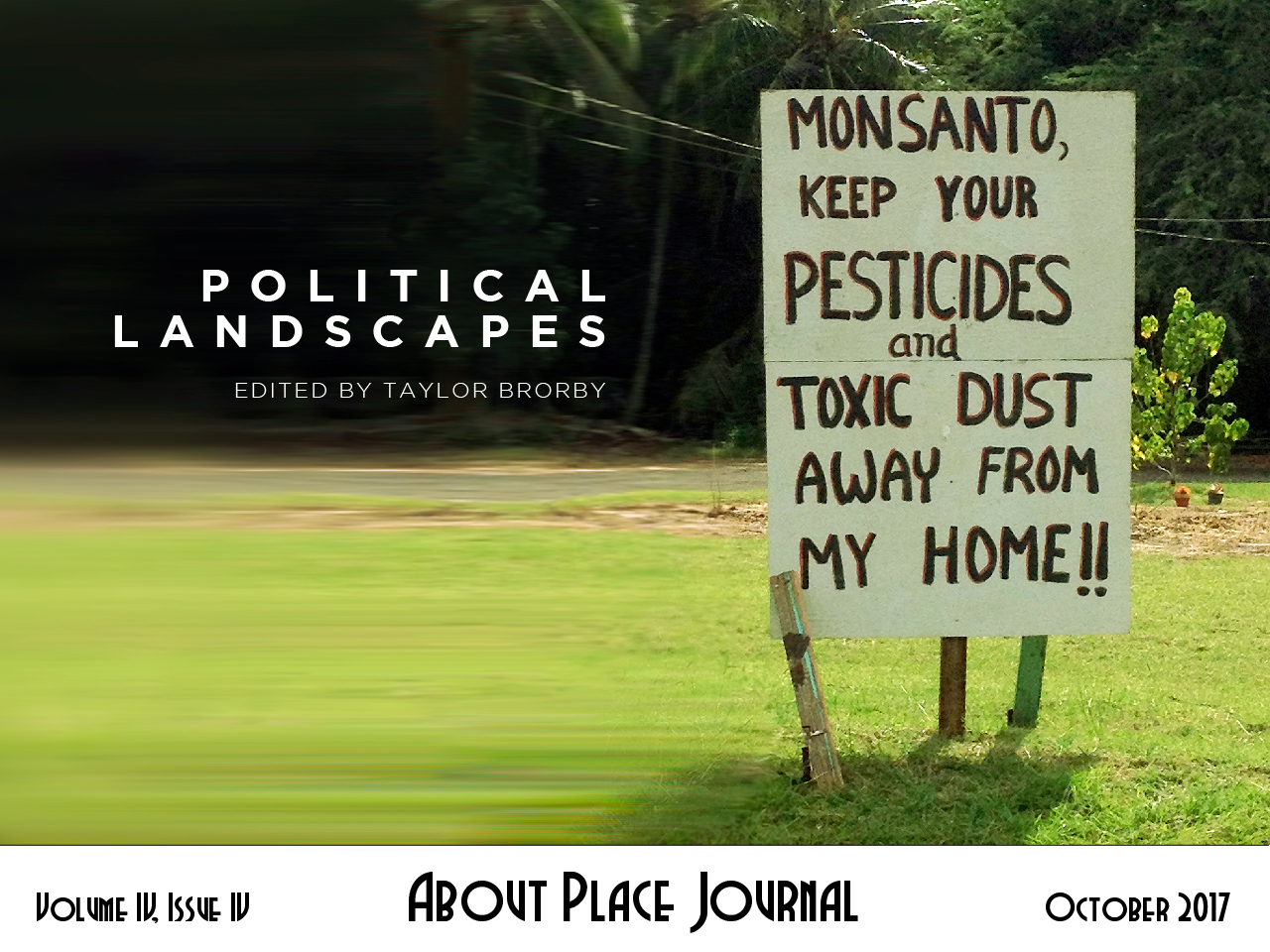until you’re above them, one curvaceous
silhouette lingering alongside the other.
No way to divine coal in the mountains
until you dig into them—first full trains,
then rust-empty trestles, a stinking river.
Trucks with Friends of Coal bumper stickers
tucked haphazardly beside trailers nuzzled
to the hill like napping seeds, waiting for
the second coming, a paycheck, the good old days
to be good again, an easy ghost-lie, a fine mist
curling off the mountains when the rain lets up.
The only coal here is hymn-empty,
a cough coming from the T.V. room,
roads sleeping like a bed of copperheads.
No way to tell my family this is pride
wrinkled into shame, believing we can still
build love in the dark, after everything burns.


